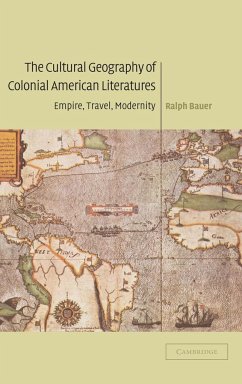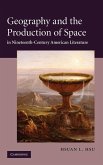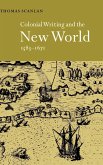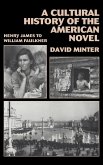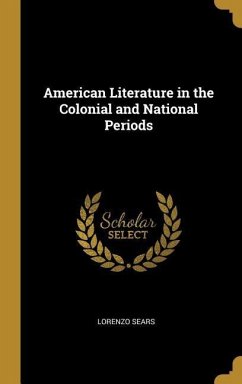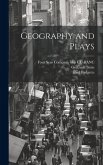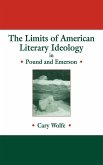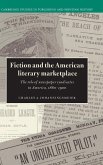Short description/annotation
Ralph Bauer investigates colonial prose narratives in Spanish and British America from 1542 to 1800.
Main description
Ralph Bauer presents a comparative investigation of colonial prose narratives in Spanish and British America from 1542 to 1800. He discusses narratives of shipwreck, captivity, and travel, as well as imperial and natural histories of the New World in the context of transformative early modern scientific ideologies and investigates the inter-connectedness of literary evolutions in various places of the early modern Atlantic world. Bauer positions the narrative models promoted by the 'New Sciences' during the sixteenth and seventeenth centuries within the context of the geopolitical question of how knowledge can be centrally controlled in outwardly expanding empires. He brings into conversation with one another writers from various parts of the early modern Atlantic world including Álvar Núñez Cabeza de Vaca, Gonzalo Fernández de Oviedo y Valdes, Samuel Purchas, William Strachey, Mary Rowlandson, Carlos de Sigüenza y Góngora, William Byrd, and Hector St. John de Crèvecoeur.
Table of contents:
Illustrations; Acknowledgements; 1. Prospero's progeny; 2. Mythos and epos: Cabeza de Vaca's empire of peace; 3. The geography of history: Samuel Purchas and 'his' pilgrims; 4. 'True history': the captivities of Francisco Nunez de Pineda y Bascunan and Mary White Rowlandson; 5. 'Friends and compatriots': Siguenza y Gongora and the piracy of knowledge; 6. 'HUSQUENAWING': William Byrd's Creolean humors; 7. Dismembering the empire: Alonso Carrio de la Vandera and J. Hector St. John de Crevecoeur; Notes.
Hinweis: Dieser Artikel kann nur an eine deutsche Lieferadresse ausgeliefert werden.
Ralph Bauer investigates colonial prose narratives in Spanish and British America from 1542 to 1800.
Main description
Ralph Bauer presents a comparative investigation of colonial prose narratives in Spanish and British America from 1542 to 1800. He discusses narratives of shipwreck, captivity, and travel, as well as imperial and natural histories of the New World in the context of transformative early modern scientific ideologies and investigates the inter-connectedness of literary evolutions in various places of the early modern Atlantic world. Bauer positions the narrative models promoted by the 'New Sciences' during the sixteenth and seventeenth centuries within the context of the geopolitical question of how knowledge can be centrally controlled in outwardly expanding empires. He brings into conversation with one another writers from various parts of the early modern Atlantic world including Álvar Núñez Cabeza de Vaca, Gonzalo Fernández de Oviedo y Valdes, Samuel Purchas, William Strachey, Mary Rowlandson, Carlos de Sigüenza y Góngora, William Byrd, and Hector St. John de Crèvecoeur.
Table of contents:
Illustrations; Acknowledgements; 1. Prospero's progeny; 2. Mythos and epos: Cabeza de Vaca's empire of peace; 3. The geography of history: Samuel Purchas and 'his' pilgrims; 4. 'True history': the captivities of Francisco Nunez de Pineda y Bascunan and Mary White Rowlandson; 5. 'Friends and compatriots': Siguenza y Gongora and the piracy of knowledge; 6. 'HUSQUENAWING': William Byrd's Creolean humors; 7. Dismembering the empire: Alonso Carrio de la Vandera and J. Hector St. John de Crevecoeur; Notes.
Hinweis: Dieser Artikel kann nur an eine deutsche Lieferadresse ausgeliefert werden.

